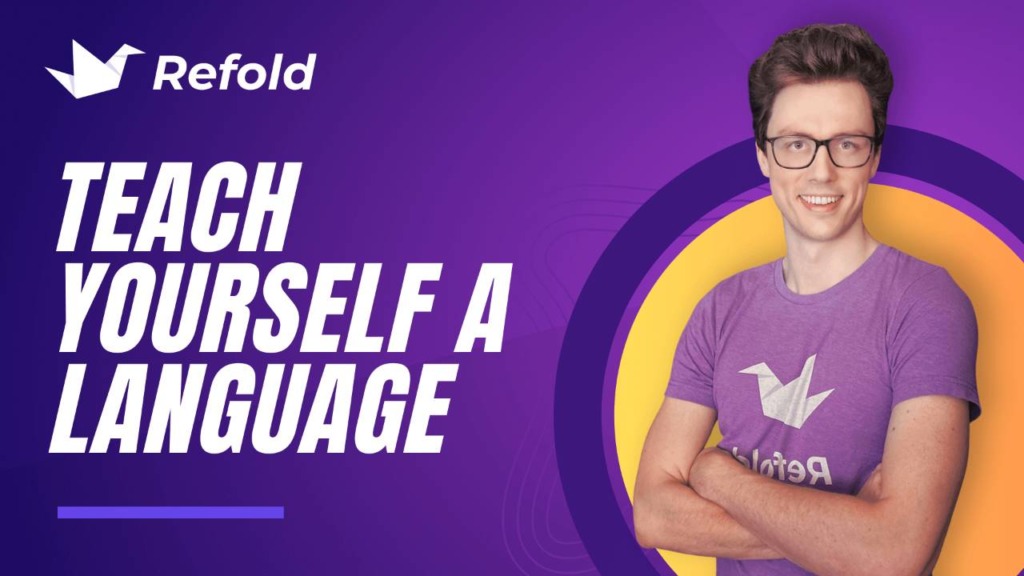The linguist Stephen Krashen argues that there are two ways to develop language ability: acquisition and studying.1
“Acquiring” a language means building an intuitive knowledge of the language. Acquisition is how we all learned our native language (NL). In our NL, most of us don’t know grammar rules: we just know what sounds right and what doesn’t. When speaking, we don’t have to think about grammar or vocabulary. We just think about the meaning we want to convey and the words flow naturally.
For example, if you’re fluent in English, you’d agree that the phrase “the big red dog” sounds more natural than “the red big dog”, but you probably aren’t aware of the complicated grammar rule2 that explains why.
“Studying” a language, on the other hand, is the act of learning about the language. Learning a language solely through studying is known as the “skill-building” approach. Most language learning solutions focus on skill-building rather than acquisition. They teach you vocabulary and grammar as building blocks to construct sentences. Using this method, you can translate your thoughts from your NL into your target language (TL).
No amount of skill-building will help you become fluent.
This may seem counter-intuitive. After all, this skill-building approach is how you learned every other subject in school. However, language is not like other subjects.
What sounds “right” or “wrong” in a language often doesn’t have any rhyme or reason. You may be able to translate a phrase, word-for-word, from English to Korean but it probably won’t make sense. Even if it does, it won’t sound natural. Language is highly specific in unpredictable ways. It is impossible to keep every grammar rule and language-specific phrasing in your head while trying to have a conversation.
Fortunately, your brain has a built-in mechanism for this exact problem. Every single one of us was born with the ability to naturally acquire language. Contrary to popular belief, this ability does not disappear when you become an adult. In fact, by pairing your mature analytical mind with your innate language acquisition ability, you can learn languages faster than children.
How Do Children Acquire Language?
Our brains are pattern recognition machines. This innate ability allows us to predict the future, appreciate music, and yes, learn languages.
Children learn language through exposure from their parents. Parents interact with their children, and narrate their experiences. The ball rolled off the table. Are you hot? Here, let’s take off your sweater. Do you want the red one or the blue one?
Children acquire language because they understand the meaning behind the message. Over months and years of continuously hearing their parents speak to them, their brains decode the patterns, and they learn how to speak.
Replicating Acquisition
As adults, we don’t have a parent to talk to us 24/7, but we do have access to the whole of the internet. Using widely available media, we can emulate the language acquisition process that children experience.
In the next article, we explain each step of the process to acquire the TL of your choice.
Footnotes:
1: Stephen Krashen uses the term “learning” to contrast with “acquisition”.
Because the term learning is overloaded, we use the term “study” here.





